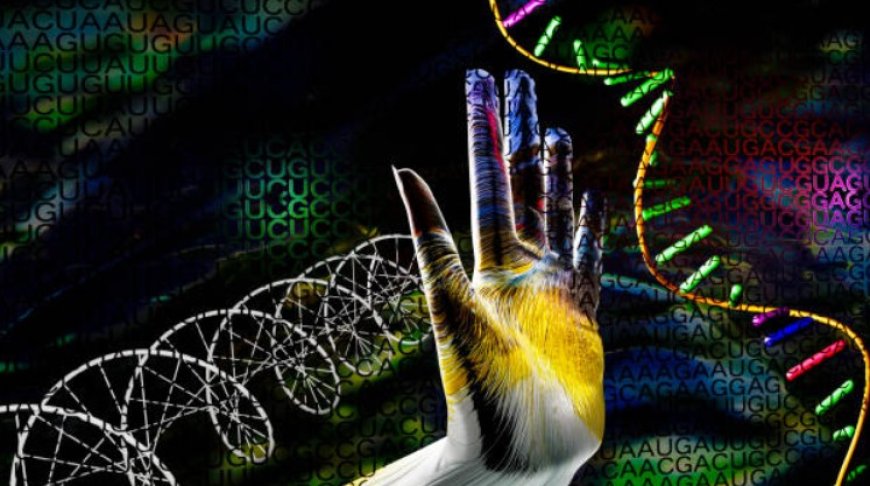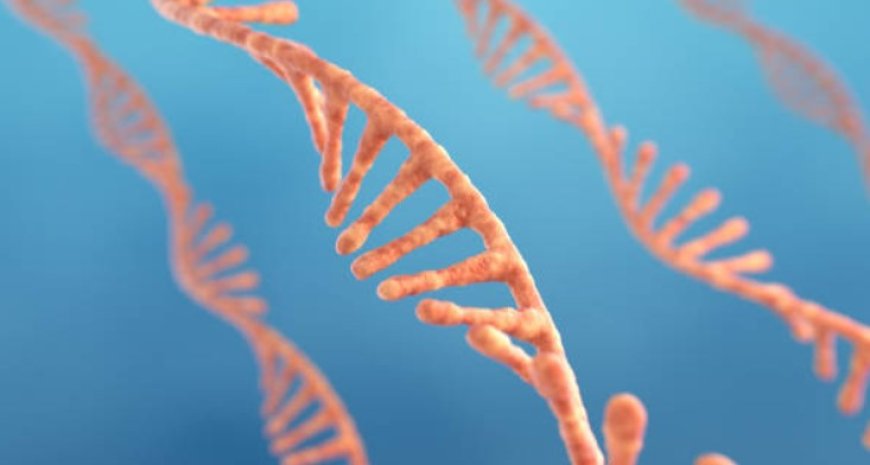RNA: The Versatile Molecule Essential for Life
What is RNA and how is it used in biology, medicine, and other fields?
RNA: What is it?
A molecule called ribonucleic acid (RNA) is necessary for life. It is not unlike DNA, but there are some significant distinctions. DNA has two strands, whereas RNA is single-stranded. While DNA contains the deoxyribose sugar, RNA also contains the ribose sugar.
RNA has numerous vital functions within the cell, such as:
Protein synthesis:The process of converting DNA's genetic code into proteins is carried out by RNA. As the fundamental units of life, proteins carry out the majority of cellular processes.
Gene regulation: Genes can be activated and inactivated via RNA. This is crucial for managing the cell's growth and development.
Splicing: Different proteins can be produced from the same gene by splicing, or cutting and rejoining, RNA. As a result, the cell can synthesis a large range of proteins from a comparatively small number of genes.
Translation: The genetic code included in DNA is translated into proteins by RNA. Ribosomes, which are composed of proteins and RNA, carry out this function.
RNA also plays a role in several other critical biological functions, including:
Transcript in reverse:** This is the method by which DNA is created from RNA. This holds significance for certain viruses, as they utilise reverse transcription for genome replication.
Interference by RNA: This is the method by which genes can be silenced by short RNAs. This is an extremely useful tool for researching gene function and creating novel treatment approaches for illnesses.
The intriguing and adaptable molecule known as RNA is vital to life. We can create new technologies that make use of RNA's special qualities as our understanding of it expands.
The following are a few instances of RNA technology:
RNA vaccines: RNA vaccines are a novel class of vaccine that are incredibly easy to make and very effective. People are presently receiving COVID-19 vaccinations using them.
Genetic therapy: Gene therapy is a medical intervention that involves the delivery of genes into cells using RNA. This can be used to treat cancer and other genetic problems, among other conditions.
Diagnosis and treatment of diseases: Numerous disorders can be identified and treated with RNA. For instance, HIV and cancer can be diagnosed via RNA testing. Drugs can also be delivered to particular bodily cells via RNA.
Biotechnology in agriculture: Livestock and crops can both be improved with RNA technology. RNA, for instance, can be utilized to develop crops that are disease- and pest-resistant.
Science of forensics: It is possible to solve crimes and identify people using RNA fingerprinting. In order to determine paternity and other family links, RNA fingerprinting is also utilized.
RNA is a tremendous instrument that could completely transform a wide range of facets of human existence. Future RNA technology uses should bring out even more inventive and revolutionary uses as our understanding of RNA deepens.














































































































































































































